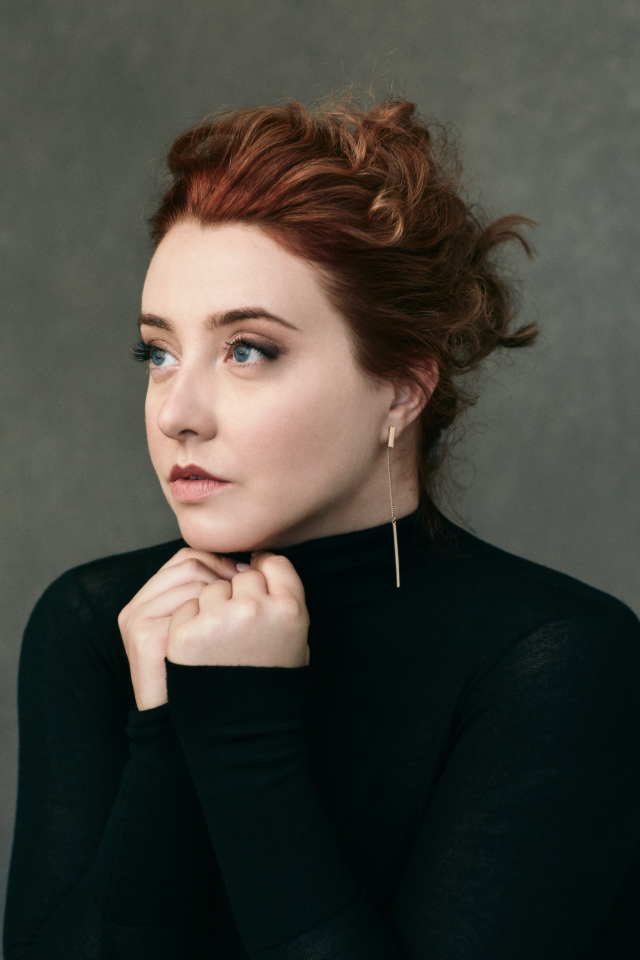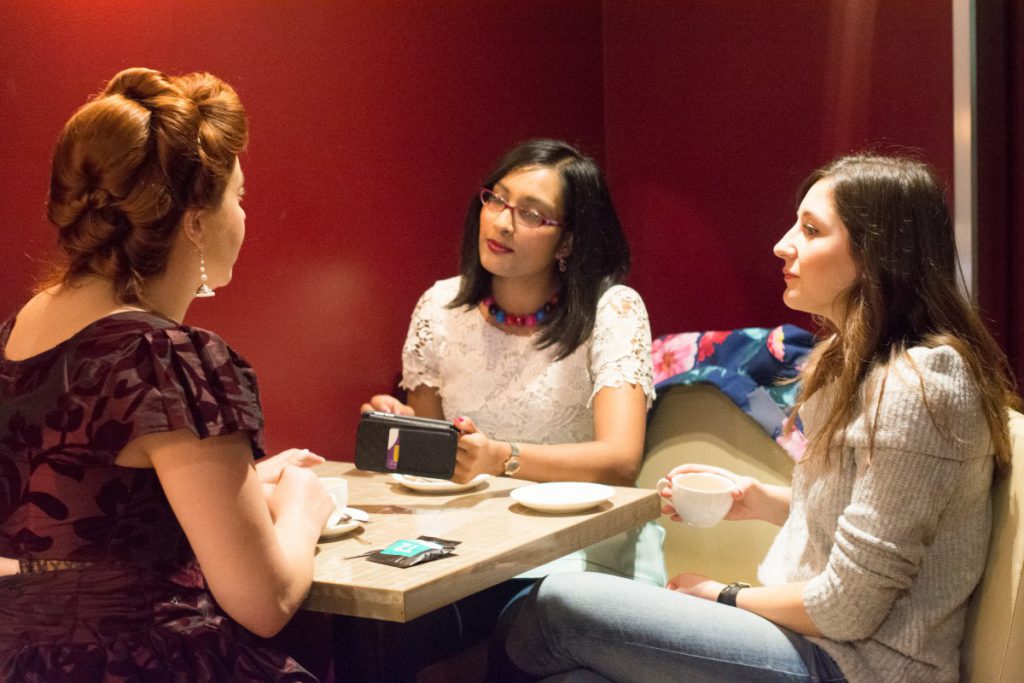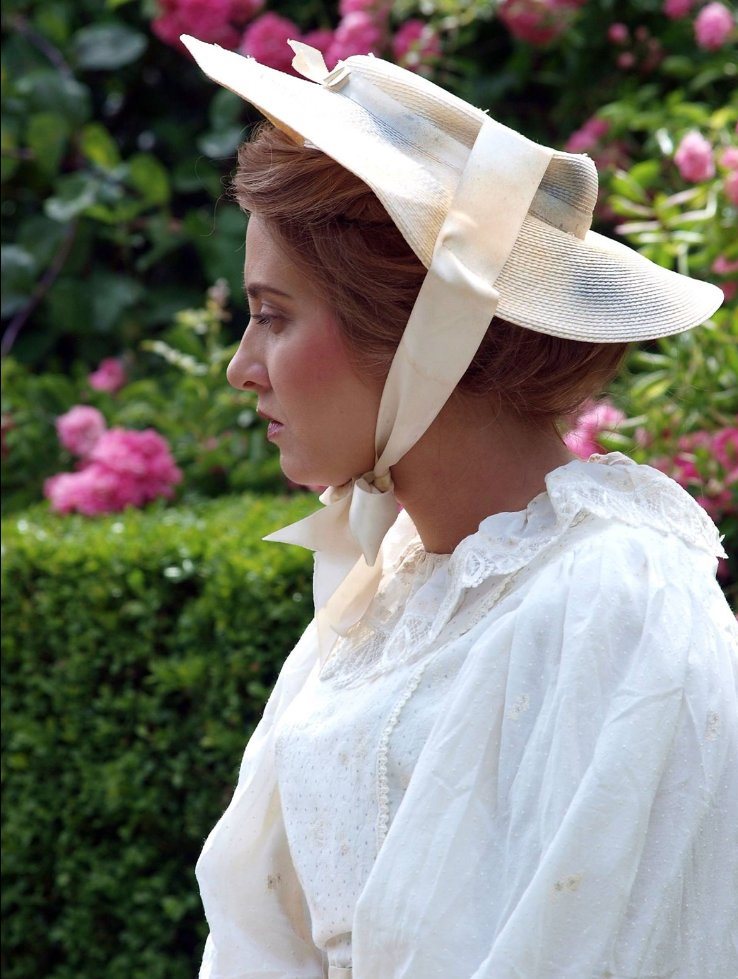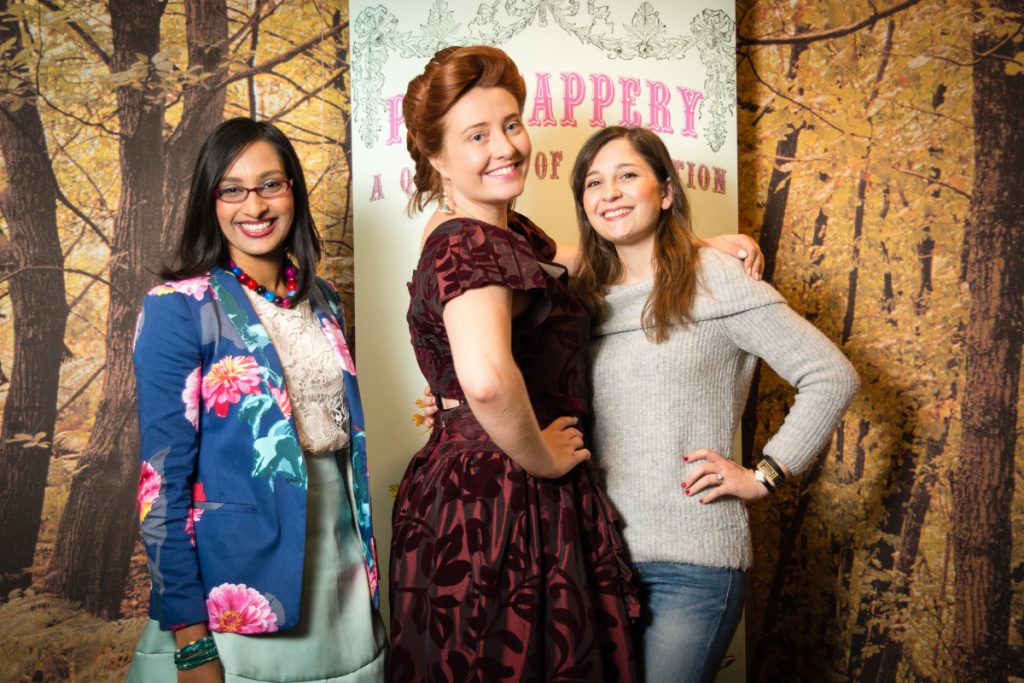Because University does not determine the rest of your life…
The UCAS applications are in. Some of you might be feeling like you’ve made the decision of a lifetime and that your path is set. Others may be left wondering whether they’ve made the right choice. Have I applied to the right universities? Have I selected the right course? Maybe some of you didn’t apply at all. Perhaps you’re not sure what career you want in life, or maybe the only thing certain is that university isn’t for you. It’s a quandary.
What if we told you that you don’t have to have it all figured out right now? What if the decisions you’ve made about attending (or not attending) university don’t determine the rest of your life?
We’ve lined up some interviews with some absolutely fantastic people who’ve taken some pretty alternative routes down the career path and wound up doing some weird, wacky and wonderful things. First up is Canadian actress, screen-writer and director Melissa Jean Woodside. We met her at the Hospital Club at the launch of her latest short film, Podsnappery: A Question of Conception, which tells a tale of the tension between magic and love in the nineteenth century.

Quick Fire Questions:
Favourite Place in London? I love where I live in Earls Court, because it used to be an old horse carriageway and you can see where they used to pass through. There are a lot of private gardens and it’s just magical. My friend lives under a brothel that has existed since the eighteen hundreds and it’s just so good for my imagination! I also love my local the Troubadour, coined one of London’s last coffee house venues, where Jimi Hendrix and others played.
Favourite film? My ‘mainstream favourite’ is probably Gladiator! But my arty favourite is called Demimonde. It’s from Hungary and it’s really beautiful.
Person you admire most in the industry? Kristen Stewart, who I met in New York. She’s so down to earth but ambitious.
You were a lawyer before you went into film. What motivated you to make the switch from the legal world to the acting world?
My mum’s a singer and actress in Canada. From a young age, she’d enroll me in plays, drove us to auditions, and generally placed me out of my comfort zone. I remember in kindergarten she signed me up for a talent show and told me to just “make it up” on stage. I must have been 5 or 6. I got a taste for live performance, song and dance at a young age.
Whilst they were encouraging, my parents were very prudent and didn’t want me to run away with myself or be let down so they encouraged me to obtain a practical degree at Uni and they suggested that I do plays on the side while studying. I wanted a practical degree and set of life tools so I felt law would give me a good awareness of the world, which could help me support myself and protect myself as well. I loved media law and human rights and found myself applying acting and the arts to most of my lectures. I always acted and wrote during University.
I always seemed to be surrounded by all these glamorous people who would tell me to go for things and audition. They’d say: “Go for your dreams!”, but in my mind, I always thought that the arts are just for the rich. In Vancouver, there’s a struggling artist on every street corner and they’re all brilliant, but I wanted to be able to sustain myself. I love learning, and I think that’s what life, and the arts is all about. Learning, devoting yourself to your craft, and involving it in everything you do.
How did you make the switch?
I graduated during the recession, at the start of my training contract in 2007. That time in my life gave me a lot of life skills. I was doing criminal law and I was so scared at times but that’s really useful for my acting. I’ll never forget my first day, my Irish burglar clients had tried to escape the prison and the alarm was going off. This is character building! I found myself examining a variety of characters in prison cells and police stations and a whole manner of uncivilised situations. It really helped my imagination and I couldn’t help but speak to other lawyers about the cases.
I would show the other lawyers these real life inspired short stories and their attitude was always one of awe, and they would always say something along the lines of “I’d love to do creative stuff but we can’t write or act”. Then I realised I could do something that they couldn’t. So I joined some clubs and groups like short film groups. I needed that escapism. Ten years later, when I was working in a civilised bank, I had the confidence and financials to do the switch. I had my boss, my accountant, and a few other stake holders invested in me after I won some short film awards. Finally, my boss was like: “You’ve got to quit.” I had others saying “We’ll sponsor you. Just quit!” It helped that my colleague’s children were going to film school so I had the opportunity to work with them.

What’s been the biggest challenge that you’ve faced trying to break into the film world?
Gosh that’s a really big question. It sounds really cheesy, but choosing who I work with is really important. Sometimes I just know that people don’t really love a project. I’ve only been screwed over a couple of times but it’s really hard when I just know that they’re only in it for money or some other stupid reason. It’s hard to say “No, I don’t want to work with you,” when your gut is telling you it’s not right.
Talk us through the process of making Podsnappery. How did you get from inspiration to funding and finally filming?
Well, I went back and studied drama at Questors Theatre. Matthew Tyrell, who played Jack in Podsnappery approached me in drama school and asked if I could write something. We were hanging out in the costume department and thumbing through these old articles and we found a really funny one where a woman saved her husband from being shot using her whalebone corset. So I thought, OK, let’s use some of that source material. I realised that some of the words they were saying had gone out of use, so I wanted to bring that back and we started to develop a story. When we did the first read-through we read it in costume. It’s different, but it’s hands-on and it’s how we like to create. Most people don’t do that, they think it’s a waste of money, but I’ve met some great English actors, like Jude Law, who love that approach.
How do you get funding for a short film?
My first short film Green Sweater Guy is currently on Amazon, and was funded by crowdfunding. Podsnappery was funded by some of the same investors.
I had funding from my old colleagues and some senior bankers and people that believed in me. One of them wants to exec produce! Because they don’t have that kind of creative outlet. They want to be involved in the arts, but they’re not actors or writers. I also had a lot of support from various organisations like Bath Film Commission, BFI, Questors, the National Theatre… Sometimes they can’t always give us money, but they’ll help us in other ways, like give us advertising or freebies. Film is a family, and we all help each other out.
What advice would you have for people trying to break into this industry?
Always try your best. A lot of people give up way to easily. If you want it, really go for it. Don’t be afraid to teach yourself, break the cinematic rules, make your own rules, style, and just go for it.
And also, learn as much as you can. Make the most of any opportunity. Film is so powerful and you can really tell a story with very small details. Even if you’re a runner, you can really have an impact and affect the whole process
What can we expect from you in the future?
I really want to do a feature film. We’re using Podsnappery as a proof of concept to turn it into a feature film so hopefully working on that! We have a slate of projects in London, New York, Canada and LA. I also want to try to break into Scandic-Nord TV dramas! And I hope to make a film with an appearance by my cat!

